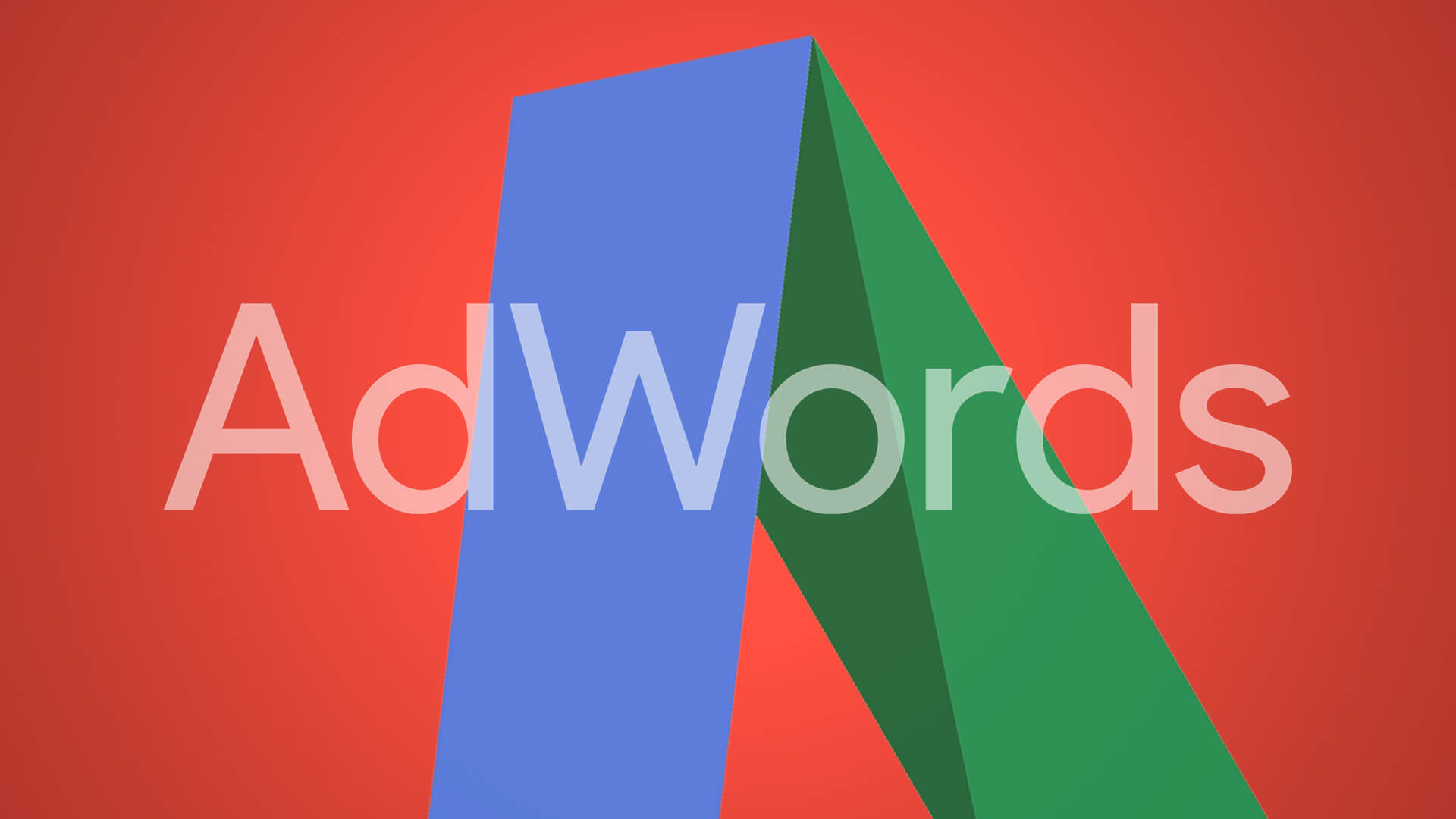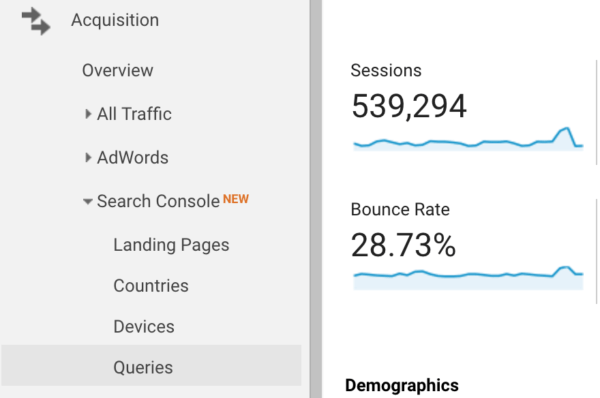How your startup should be using Google AdWords
If you're just getting started with your business, figuring out who should manage your AdWords campaigns and what to do first can be a challenge. Columnist Brett Middleton offers tips to get you on the right path.
 For the founder sitting in coworking spaces like The Farm SoHo or CoCo Minneapolis, or working from a home office, the harsh environment of Google AdWords can feel like a trap. Where do you even start? Do you hire someone to manage your campaigns, or do you try to get by in the beginning by having your intern do it?
For the founder sitting in coworking spaces like The Farm SoHo or CoCo Minneapolis, or working from a home office, the harsh environment of Google AdWords can feel like a trap. Where do you even start? Do you hire someone to manage your campaigns, or do you try to get by in the beginning by having your intern do it?
No matter what you do, it can feel like the wrong choice; advertising your business for the first time can be very stressful.
But you’re taking a leap, and you should applaud yourself for it — and then use these tips to start generating growth.
Who should own it?
Google does a decent job of making campaign creation fairly straightforward, but there are still several nuances that you may not know about.
When I first started with Google AdWords, I was hired at a small business that didn’t really have the budget for a full-time marketing staff, and I was interviewing as a customer service rep who could keep an eye on AdWords and analytics. I was allowed to learn on the job, taking my certifications from google.com/partners and learning the ropes.
I’m fairly certain I was terrible at managing AdWords when I first started. But within a few months, I had gotten a better understanding of tactics for a number of specific tasks (bid management, A/B testing ad copy and keyword research). I was able to focus on a few basics and get better at them.
The next step was to get strategic. I saw ROAS (Return On Advertising Spending) was better using Google Shopping than using non-branded search and shifted our budget there.
It’s very likely you have someone working with you who is entirely up to the task; they need not be an advertising major or have an MBA. My degree is in sociology, and in my opinion, similar fields like psychology which develop an understanding of human behavior are uniquely positioned for success in marketing.
Who else would be a good fit? PPC managers need to be analytical and creative — learn the tactics, master them, move onto strategy, and make business decisions. Look for someone who is genuinely interested in marketing and will be comfortable working in a dual role by adding AdWords to their current duties. This person is very likely customer-facing — in customer service or sales — and has strong math and creative writing skills.
Feeling like making this more scientific? Have everyone take an assessment like the Myers-Briggs personality test, or use something like Pymetrics to see how your team thinks.
What should you do first?
SaaS companies and other startups are diving head-first into marketing automation and all the wonderful things it provides. Rule-based workflows that handle the movement from lead to sale are the coolest thing out there for marketers right now.
But you can basically do the same thing from an advertising perspective. This is how you should think of remarketing.
In Google, remarketing is just wonderful. You’re only paying for clicks, so when you’re showing remarketing ads to people who have opted in and become leads, you’re typically not going to see that many clicks (but you’re getting the impressions for free). It’s going to be incredibly cost-effective; you’re using ads as a frequent reminder that they have already engaged with you and have more steps to take.
Even with the casual website visitor who came in from a mention on TechCrunch, you’re going to have a more captive audience for your ads than with cold ad traffic.
Your very first endeavor into Google AdWords should be to set up remarketing. After enabling remarketing in Google Analytics, you will have a default All Users audience that will catch everyone that can be cookied who visits your website. If your web traffic is limited, say under 2,500 sessions per month, this All Users audience will get you by for now. But you should be looking for different points on your website that indicate heightened levels of interest. Examples?
• Visited pricing page
• Visited contact page
• Started checkout
• Downloaded white paper
The easiest way to set up audiences in the beginning will be to simply base it on destination URL; if people are taking actions on a thank-you page, this is very easy. Set these audiences up as users who visited the page that contains /pricing, /thank-you and so on.
How can I manage costs and growth?
If you’re in a highly competitive industry, you may be looking at absolutely ridiculous costs per click. If your PPC traffic is converting at 1 percent and your CPA (cost per acquisition) is $25, I’m sorry to inform you that paying $5 per click won’t work.
Be constantly aware of conversion rates for your campaigns and how much a click will cost; these are the two metrics that will tell you everything you need to know. I’ve advocated this method before for keyword research, but I’ll elaborate on it more right now and how it can best be used for your startup.
Start by making sure you have linked Google Analytics and Search Console. This will show you where you rank and how many impressions you get for organic keywords. Look for keywords where you don’t currently rank near the top organically, and add them into your AdWords campaigns. If you have a limited budget, using AdWords to fill in the gaps where you’re missing out on organic traffic will be a smart use of your money.
If you’re starting from scratch, take the list of keywords you’ve been trying to rank for organically and pop them into your campaign. Start by using very small budgets and move them up slowly until you start getting impressions. Your keywords should be broad match keywords, so they are triggered by a wider variety of searches and you can see these filter into the Search Terms section of Google AdWords.
Paying attention to the phrases and long-tail searches people use will give you a better sense of what keywords to use. The other side of this? By slowly bumping up keywords and not trying to get clicks fast, you will be able to get an idea of what each keyword will cost you to get into the top ad positions. Again, here is what you should be looking to do:
- Link Search Console to Google Analytics.
- Find searches with low organic ranking.
- Low search impression volume? Use the keyword list you’ve had in your content plan, or go low-tech and write out the keywords you think describe your business.
- Add keywords as broad match keywords. (This means you just type them without embellishment — phrase match keywords are in quotes and exact match are in brackets.)
- Use a very low bid, and slowly increase until you are in ad position 4 to 6 and receiving impressions.
- Look in the search terms section of your keywords view in AdWords and see the specific searches your users are performing.
- What’s your average conversion rate for all traffic? What’s your target CPA? Use these to decide which keywords you should pursue first. (Example: 2 percent conversion and $200 Cost Per Acquisition means we can target keywords where a top three ad position will cost <= $4 per click.
Finding the right person to manage your campaigns, setting up remarketing and taking a deep look at keywords and what they will cost you will take time, but it will put you in a great starting position.
If you experience initial success, don’t hesitate to put more emphasis on PPC and paid media in general; you can quickly accelerate growth using paid traffic. As you grow, based on my experience, planning out your paid media management should look something like a bell curve.
Start out with a low ad spend, and patch it together internally or use a freelancer. As you’re trying to accelerate growth, it will become necessary to have your internal person (if you went that route) spend 50 percent or more of their time on paid media now, and then shuffle up their role or hire an agency.
At some point, it becomes less efficient to have an agency managing your campaigns, and you should evaluate bringing campaign management back in-house (or utilizing the agency in a strategic role, where their outside input can keep you moving and thinking). Agencies can be incredibly successful in managing your campaigns, especially if you have an internal person who can talk to them and understand what’s going on.
Strategy should never be entirely external; having someone in-house to create strategy simultaneously with your agency is crucial.
Start doing this immediately. Set up Google remarketing, and get back in front of the people reaching you and remind them you’re there.
Use advertising as a way to accelerate your current growth, not to save your business or make a product better. You’re steps away from doing something that could change the trajectory of your business. Go after it.
Contributing authors are invited to create content for Search Engine Land and are chosen for their expertise and contribution to the search community. Our contributors work under the oversight of the editorial staff and contributions are checked for quality and relevance to our readers. The opinions they express are their own.
Related stories

